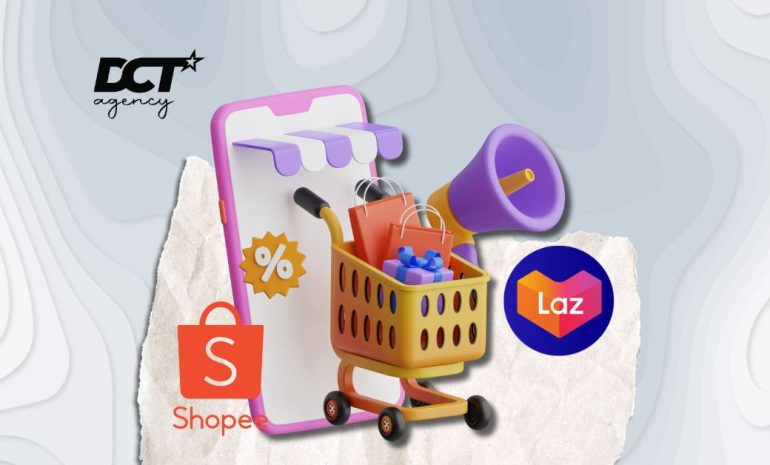Social Media are Competing to Enter the Indonesian E-commerce
The e-commerce landscape in Indonesia is currently undergoing a significant shift, with TikTok and YouTube reportedly following in the footsteps of Meta (formerly Facebook) in their efforts to secure e-commerce licenses in the country. This development comes after the closure of the TikTok Shop marketplace feature in Indonesia last September.
The Indonesian government, under the leadership of President Joko Widodo, has enacted strict regulations that prohibit social media platforms from simultaneously acting as e-commerce entities. These regulations are outlined in Minister of Trade Regulation (Permendag) No. 31 of 2023. The primary objectives of these regulations are to safeguard the interests of local Micro, Small, and Medium-sized Enterprises (MSMEs), create a fair competitive environment among all e-commerce platforms, and protect user data.
TikTok Shop was forced to cease its operations in Indonesia because its business model did not comply with the provisions of Permendag No. 31 of 2023. The Indonesian government has expressed its readiness to allow TikTok Shop to resume operations if it adheres to the applicable regulations. This event has sparked greater interest from other social media giants.
Youtube are Planning to Apply an E-commerce License
In addition to TikTok, YouTube is also reportedly planning to apply for an e-commerce license in Indonesia, according to reliable sources. It’s worth noting that YouTube in the United States already offers shopping services, allowing content creators to promote products and brands through their channels. However, a YouTube spokesperson declined to comment on these reports, keeping their plans confidential for the time being.
As a side note, Meta (formerly known as Facebook) has taken a significant step by registering for an e-commerce license in Indonesia this month. This license grants Meta the ability to promote products on its platform but does not permit direct transactions.
Director-General of Domestic Trade at the Ministry of Trade, Isy Karim, confirmed this development. However, Meta remains tight-lipped, refusing to provide official confirmation of their e-commerce ambitions.
The competition to integrate e-commerce features into their social media platforms highlights the increasing significance of the Indonesian market in the global e-commerce landscape. As a country with the fourth-largest population in the world and a rapidly digitizing economy, Indonesia has become an attractive destination for tech giants aiming to tap into its vast consumer base. The regulations introduced by the Indonesian government reflect its commitment to promoting fair competition and protecting the interests of local businesses, particularly MSMEs.
This development also underscores the growing convergence between social media, content creation, and e-commerce. Social media platforms are evolving beyond mere communication tools, venturing into the realm of online shopping to provide a comprehensive online experience. The ability not only to interact with content but also to directly purchase products within the same platform represents a significant shift in user behavior.
In conclusion, the entry of TikTok and YouTube into the Indonesian e-commerce sector, along with Meta’s ongoing efforts, has the potential to reshape the digital business landscape in this country. As they navigate the complexities of local regulations and consumer preferences, these tech giants will play a central role in determining the future of e-commerce in Indonesia. It remains a question mark how this competition will benefit local businesses and consumers while promoting innovation and compliance with evolving e-commerce regulations.
Read also: Here’s Why E-commerces Faces Challenges after the Closure of TikTok Shop


